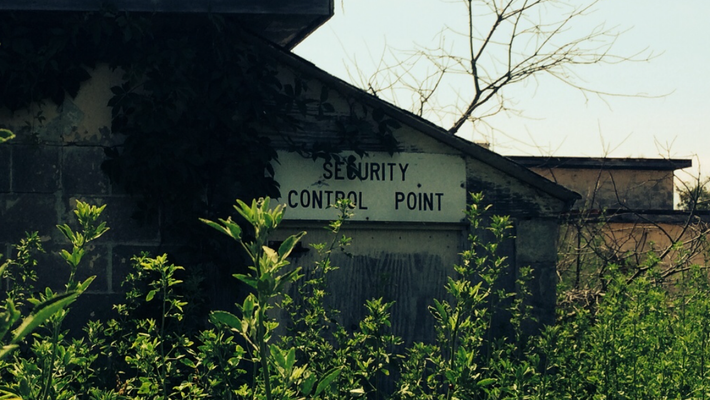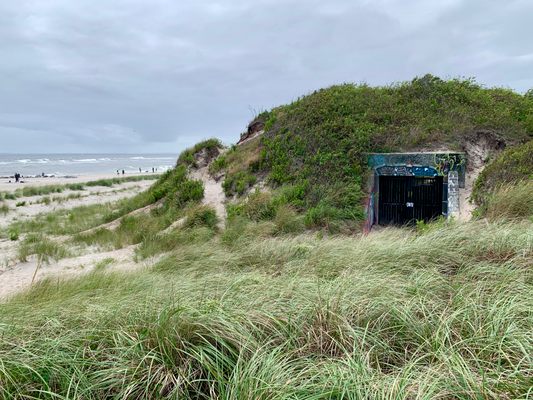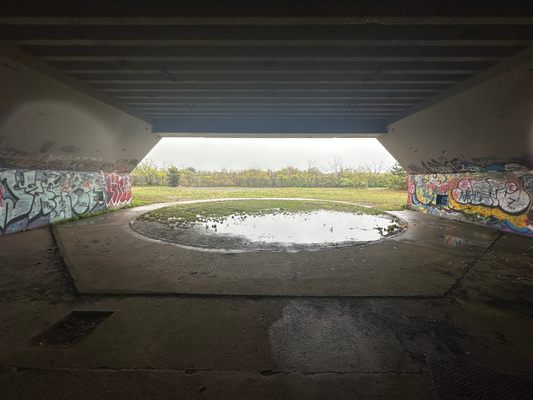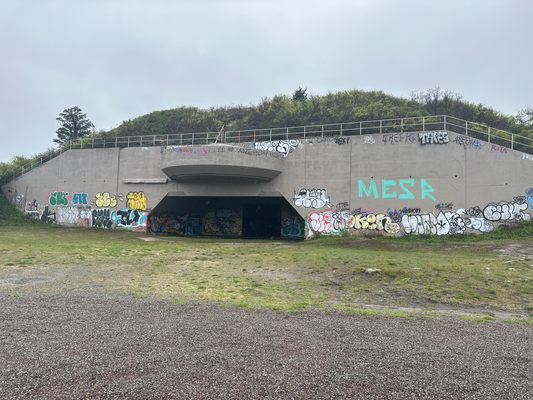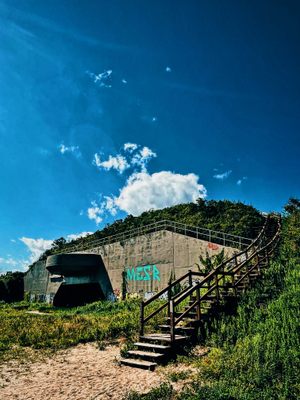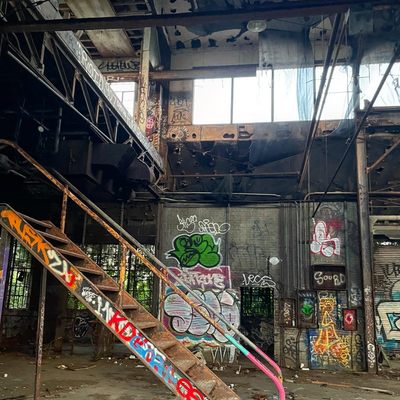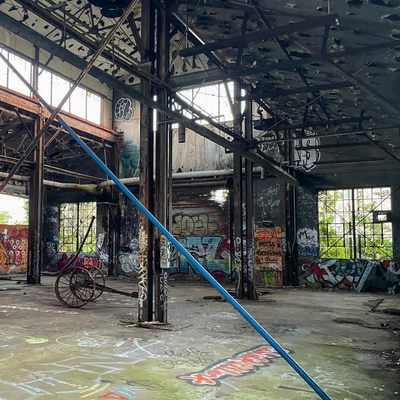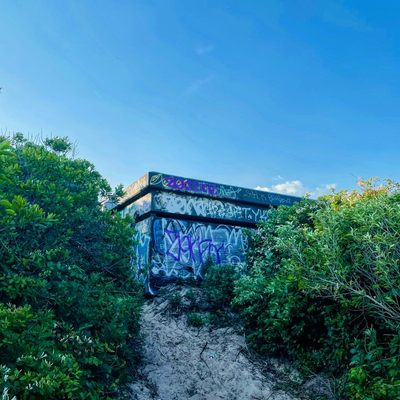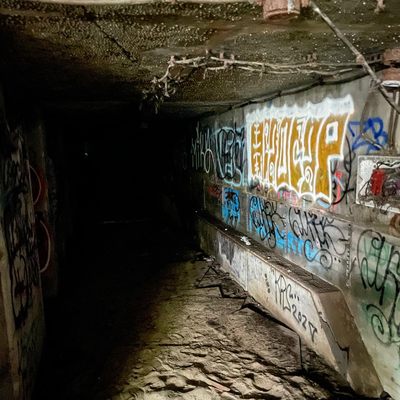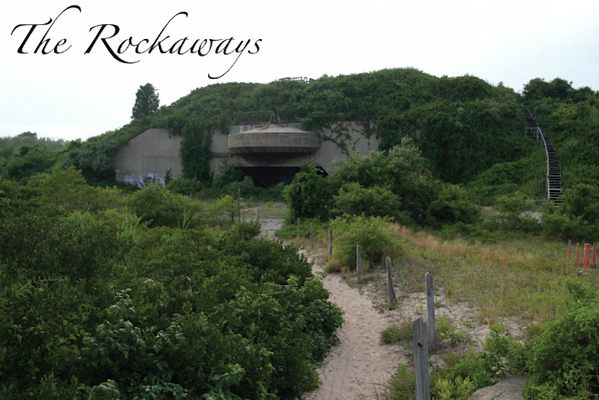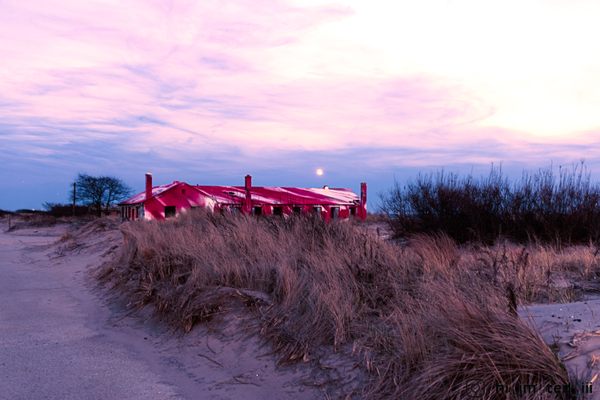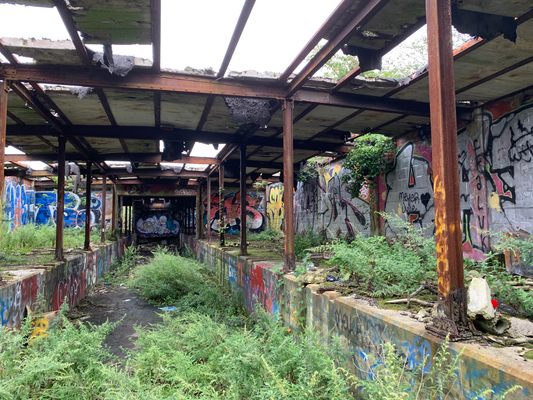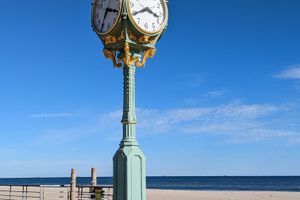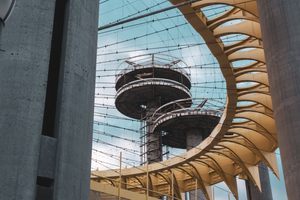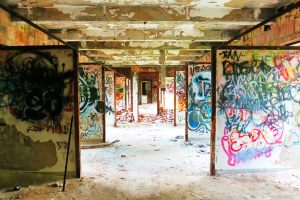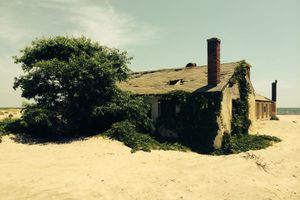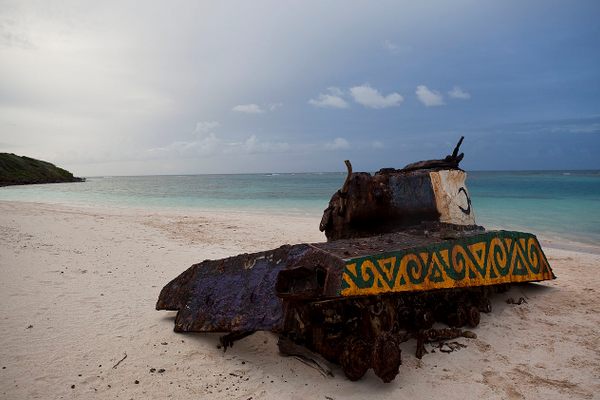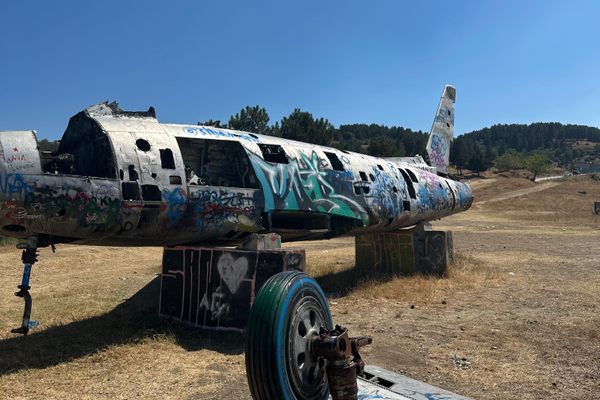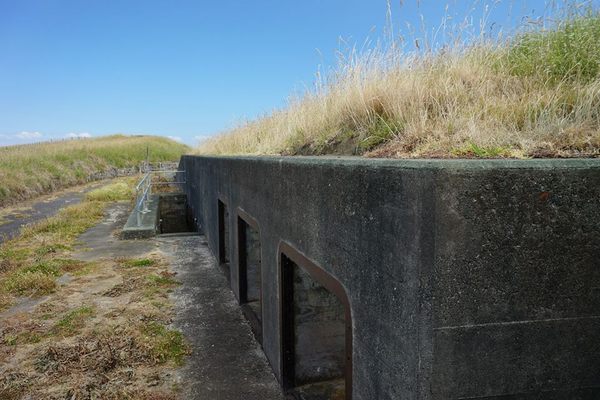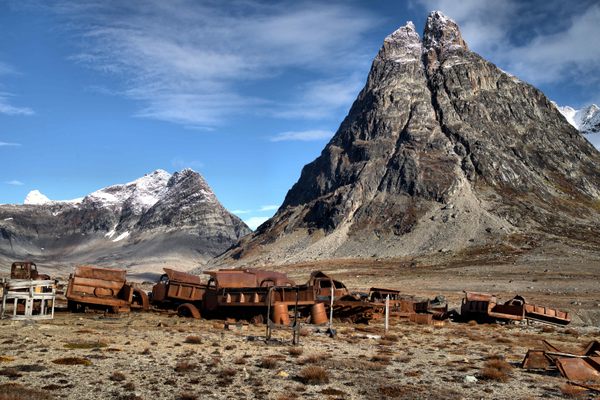About
At the farthest reaches of Queens, lies a small strip of overgrown land jutting out into the Atlantic Ocean. Running parallel to Coney Island and Brighton Beach, it is home to the ruins of what was once America's Atlantic sea wall defense system, Fort Tilden.
Built in 1917 to protect the mainland from the threat posed by World War I, the now abandoned military base was once New York's first line of defense against German U-Boats, and later, the Russian Fleet.
With a complex system of munitions dumps, railway lines, and pill boxes, its focal point was two giant batteries, known as Harris Batteries East and West. Made of re-enforced concrete, they housed immense cannons capable of firing a 16-inch shell 30 miles out to sea. The backs of the formidable batteries were filled in during World War II so that, should the unthinkable happen and the peninsula were to fall into enemy hands, the artillery couldn't be spun round to wreak destruction upon New York.
With the arrival of the Cold War, Fort Tilden became home to the Nike nuclear deterrent. With an arsenal of Ajax and Hercules missiles, each capable of delivering a destructive power twice the size of the Hiroshima bomb. The fort essentially became home to New York's mainland defense for World War III.
But by 1972 the base was abandoned to the elements. Sand dunes and thick undergrowth took hold over the derelict buildings. The railway tracks, which once carried shells from the silos to the batteries, became rusted and overgrown and the concrete missile launch pads became covered in weeds and sand.
Today, walking through the dense network of pathways, and stumbling across the giant concrete monoliths half-buried in the sand, it's a scene reminiscent of the last moments of Planet of the Apes. The forgotten military base is now a quiet, seldom visited public beach, a hidden relic of the Cold War waiting for an attack that will never come.
Related Tags
Know Before You Go
Take the 2 train to Flatbush Avenue-Brooklyn College; then transfer to the Q35 bus and get off at the first stop after crossing the Gil Hodges Bridge. If you plan on stepping off the path bring long pants as the brush is full of poison ivy.
Community Contributors
Added By
Published
July 2, 2014





